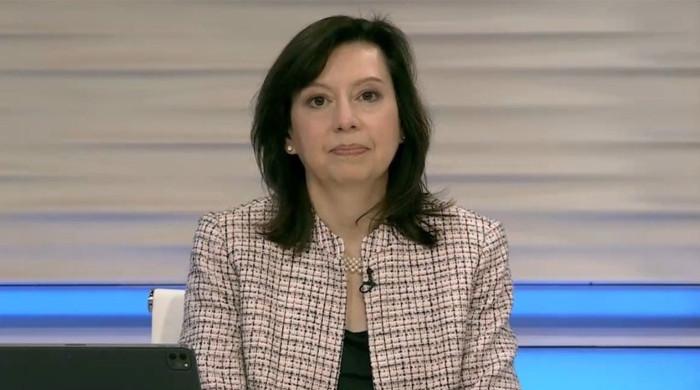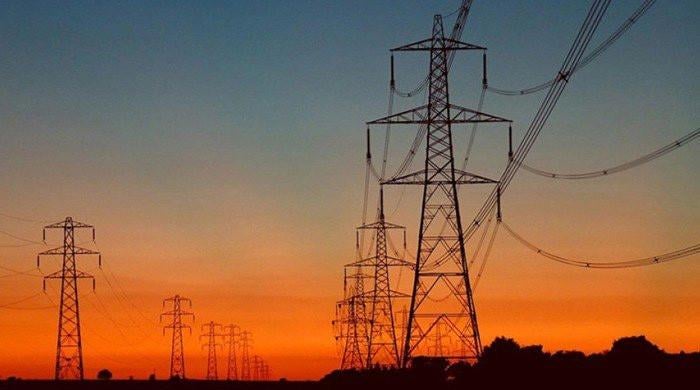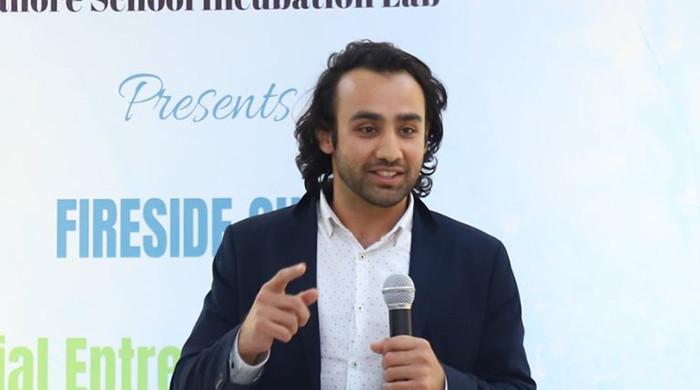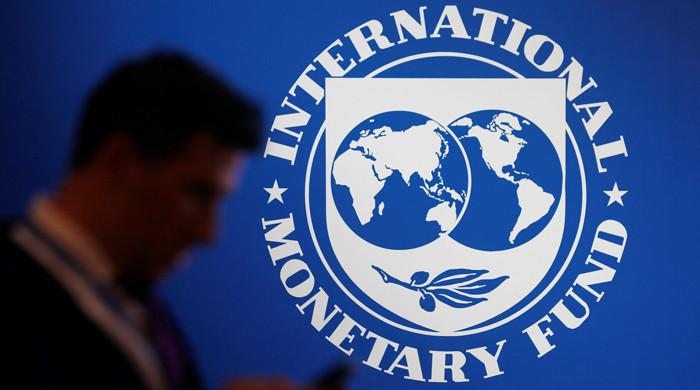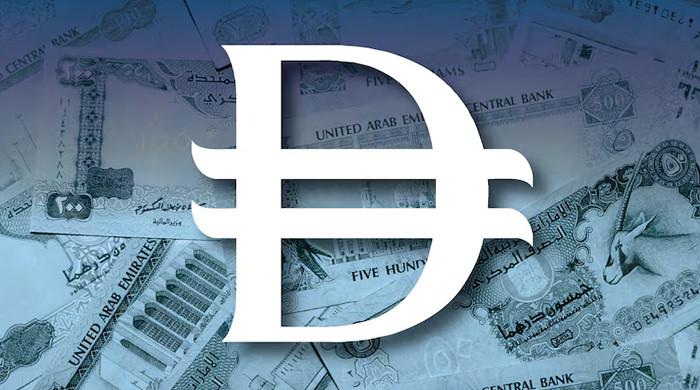IMF staff level agreement likely by this week: Naveed Qamar
Qamar said Pakistan has taken all the measures needed to unfreeze a $6.5 billion credit line
February 23, 2023
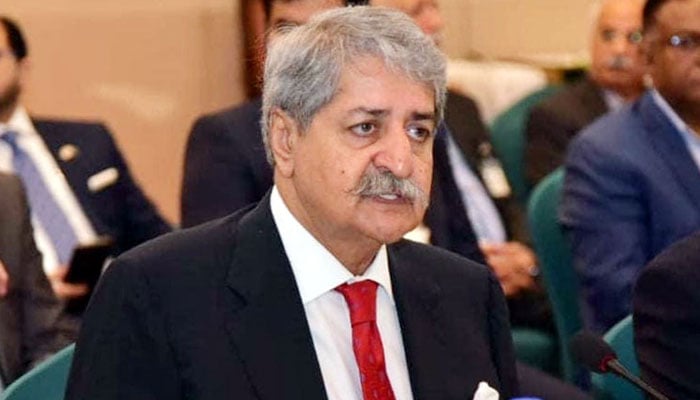
- Minister hopes Pakistan to get IMF deal by this week.
- Says Pakistan took measures needed to unfreeze $6.5bn credit line.
- Pakistan took steps including cutting subsidies, hiking taxes.
ISLAMABAD: Federal Minister for Commerce, Syed Naveed Qamar said that the International Monetary Fund (IMF) was likely to announce its staff level agreement (SLA) on Extended Fund Facility (EFF) with Pakistan by this week.
“Pakistan has taken all the measures needed to unfreeze a $6.5 billion credit line and expects to clinch the deal any day now, ” he said in an interview with Bloomberg.
Meanwhile, Minister of State for Finance Dr Aisha Ghaus Pasha said, speaking at the National Assembly earlier this week, that Pakistan and the international lender are close to striking a Staff Level Agreement (SLA). However, she added that Pakistan is required to undertake basic structural reforms whether under the IMF program or without the IMF.
After formal announcement by the Fund, Pakistan would get a $1.2 billion tranche under the Extended Fund Facility.
Qamar said that the IMF agreement would give investors and creditors the confidence that “Pakistan’s economy is now stabilising and it has taken all the right steps." So in that sense, their money would remain protected, he added.
The minister said, “The IMF programme is the beginning, not the culmination, of all other monies flowing in."
"A pickup in imports once the nation boosts its reserves will also benefit exports," he added.
Pakistan is desperate to unlock the next tranche worth $1.1 billion loan facility with the IMF but is struggling to meet tough conditions set by the global financier.
The IMF is demanding that Pakistan boosts its pitifully low tax base, end exemptions for the export sector, and raise artificially low energy prices that are meant to help poor families.
The nation is in dire need of funds as it battles a wrenching economic crisis as the State Bank of Pakistan (SBP)-held foreign exchange reserves barely cover one month of imports.
Pakistan authorities have taken steps including increasing taxes, cutting subsidies and devaluing its currency to meet IMF conditions, Bloomberg reported.
It is pertinent to mention that the Parliament approved on Monday a supplementary finance bill that increases sales tax from 17% to 25% on imports ranging from cars and household appliances to chocolates and cosmetics.
People will also have to pay more for business-class air travel, wedding halls, mobile phones, and sunglasses.
A general sales tax was raised from 17% to 18% — increasing the burden on the already inflation-stricken people.







